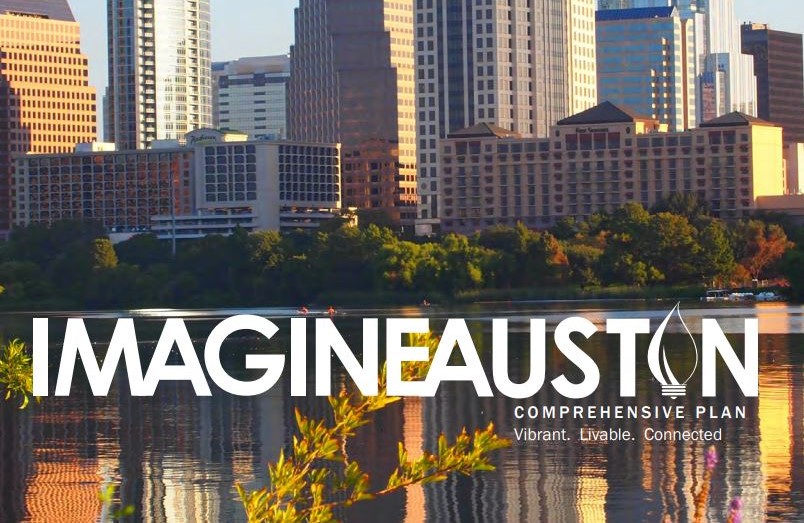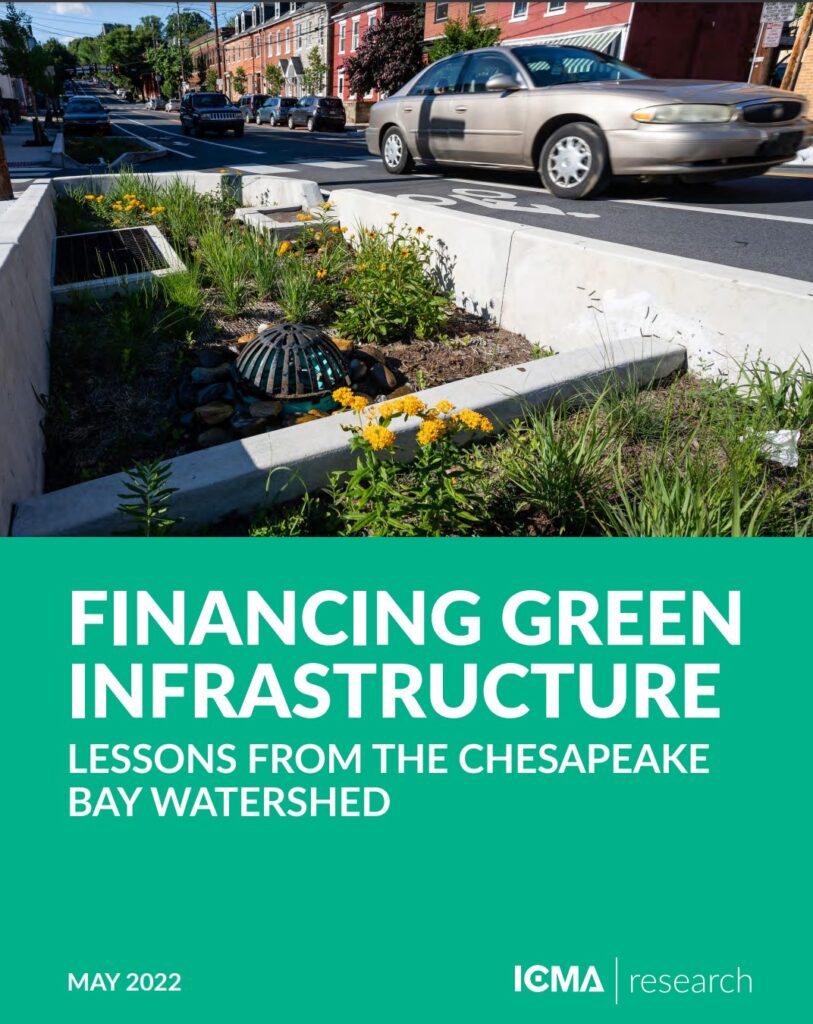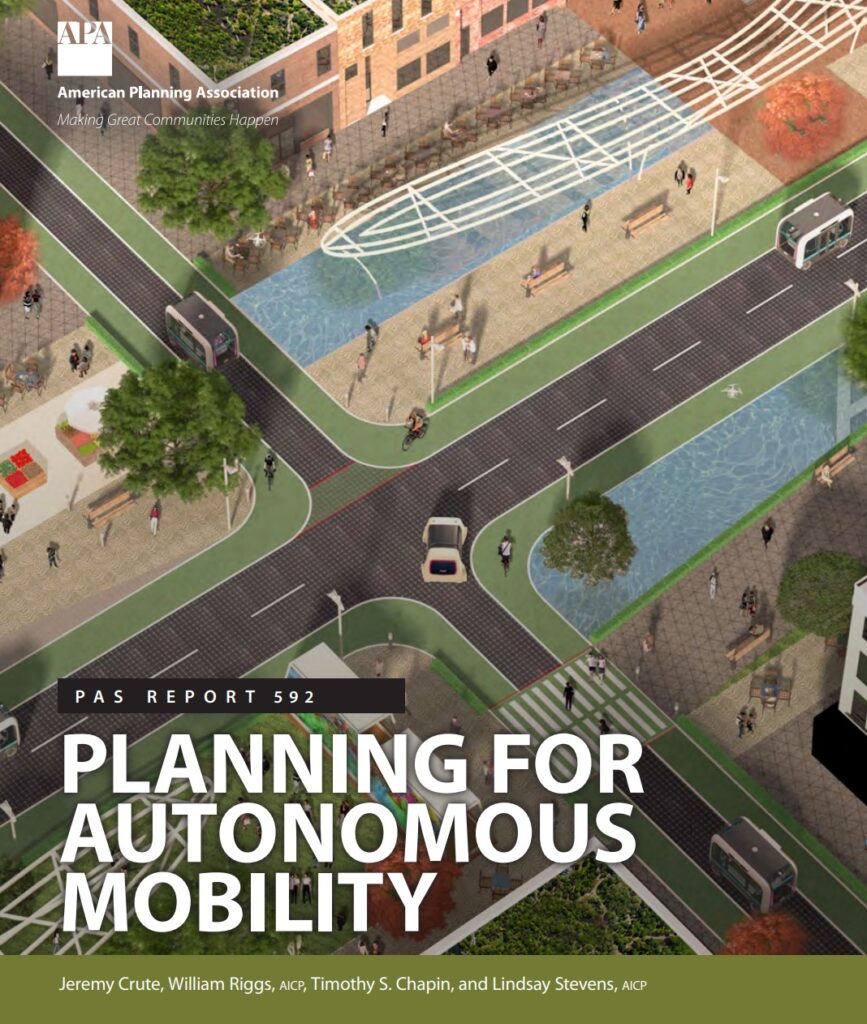Comprehensive Planning

Comprehensive planning has been a core area of research and practice throughout David Rouse’s career. During the 1990s he was instrumental in developing WRT’s values-driven planning approach, which bases plan vision, goals, and actions on shared values and aspirations determined through community engagement. Project examples include the FOCUS Kansas City Comprehensive Plan, awarded the Outstanding Planning Award for a Plan by the American Planning Association in 1999, and award-winning plans for Albany, NY, Annapolis and Cumberland, MD, Greensboro, NC, and Portsmouth, VA. David served as the lead consultant for the Imagine Austin Comprehensive Plan, which sets a vision and blueprint for the future of a rapidly growing Texan city created with the input of thousands of citizens.
David played a key role in developing APA’s Comprehensive Plan Standards for Sustaining Places, which provide a national benchmark and resource for local jurisdictions seeking to integrate sustainable practices into their comprehensive plans. He served as a volunteer member of the Sustaining Places Task Force and Working Group that developed the draft standards. As APA Research Director he worked with 10 pilot communities to finalize the standards, co-authored the PAS Report Sustaining Places: Best Practices for Comprehensive Plans with the late David Godschalk, and supervised launch of a program that used the standards to recognize exemplary comprehensive plans.
David Rouse and Rocky Piro co-authored The Comprehensive Plan: Sustainable, Resilient, and Equitable Communities for the 21st Century, published in 2022 by Routledge Press. Since 2022, David has taught a course on comprehensive planning for the University of Maryland’s Urban Studies and Planning program using this book as the textbook.
Parks and Open Space System Planning

Parks and open spaces are vital community assets that provide important environmental, economic, and social benefits such as improved health and wellbeing. As Conservation Agent for Barnstable, MA, David Rouse prepared an open space plan that led to the protection of hundreds of acres of critical water supply land and other environmentally sensitive resources in the largest and fastest growing town on Cape Cod. At WRT David Rouse served as a consultant on parks and space system plans for jurisdictions such as Atlanta, Oklahoma City, and Prince George’s County, MD. Atlanta’s Project Greenspace establishes a vision and strategy to develop a world-class system of parks, natural areas, civic spaces, and connecting greenways, streetscapes, and trails. Oklahoma City’s Parks Master Plan defines how the city will meet the needs of residents for high-quality parks, recreation, and public spaces that contribute to improved quality of life, economic vitality, and community health. Prince George’s County’s Formula 2040 Parks, Recreation, and Open Master Plan sets the agenda for future development, maintenance, and use of the county’s parks and open spaces to fulfill three key goals: Connectivity, Health and Wellness, and Economic Development.
Green Infrastructure

Drawing on his background in landscape architecture and planning, David Rouse views green infrastructure as a system across scales – from site to neighborhood, city, region, and beyond – that integrates the natural and built environments and provides multiple benefits for people and ecosystems. He articulated this approach in the PAS Report Green Infrastructure: A Landscape Approach, co-authored with former WRT colleague Ignacio Bunster-Ossa. Examples from his WRT practice include Greenscapes, the Green Infrastructure Plan for Lancaster County, PA, and Atlanta’s Project Greenspace. As APA Research Director, David addressed green infrastructure at scales from site to city to megaregion through projects with the National Recreation and Park Association (Great Urban Parks Campaign), Greater Baltimore Wilderness Coalition, and the South Atlantic Landscape Conservation Cooperative. More recently, David was asked by the International City-County Management Association (ICMA) to lead research and preparation of Financing Green Infrastructure: Lessons from the Chesapeake Bay Watershed. Funded by the Chesapeake Bay Trust, this report provides a guide for decision makers in small to mid-sized communities on how to pay for green infrastructure.
Planning for Emerging Technologies

Emerging technologies such as artificial intelligence, new mobility, and smart cities are having disruptive effects on society and planning and design practice. As APA Research Director, David Rouse prioritized development of resources to guide communities in planning for the coming deployment of autonomous vehicles. David has done extensive research on the topic of smart cities and is co-author of the PAS Report Smart Cities: Integrating Technology, Community, and Nature. He and Ben Hitchings of Green Heron Planning, LLC developed an integrated methodology to help communities prepare for technological, economic, social, and environmental drivers of change. This methodology was applied in Managing Disruption in a Rapidly Changing World: A Briefing Book for Decision-Makers in North Carolina, prepared for the UNC School of Government’s Growing Practical Solutions for North Carolina initiative. David is currently exploring the implications of artificial intelligence for planning and design practice in his research and teaching activities.
